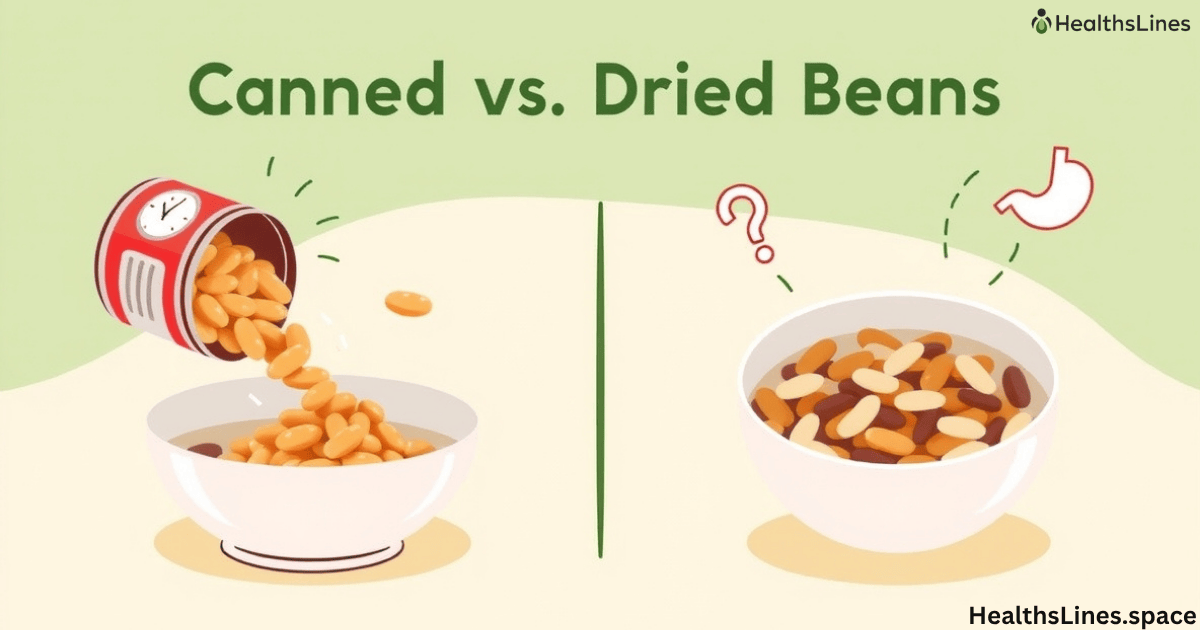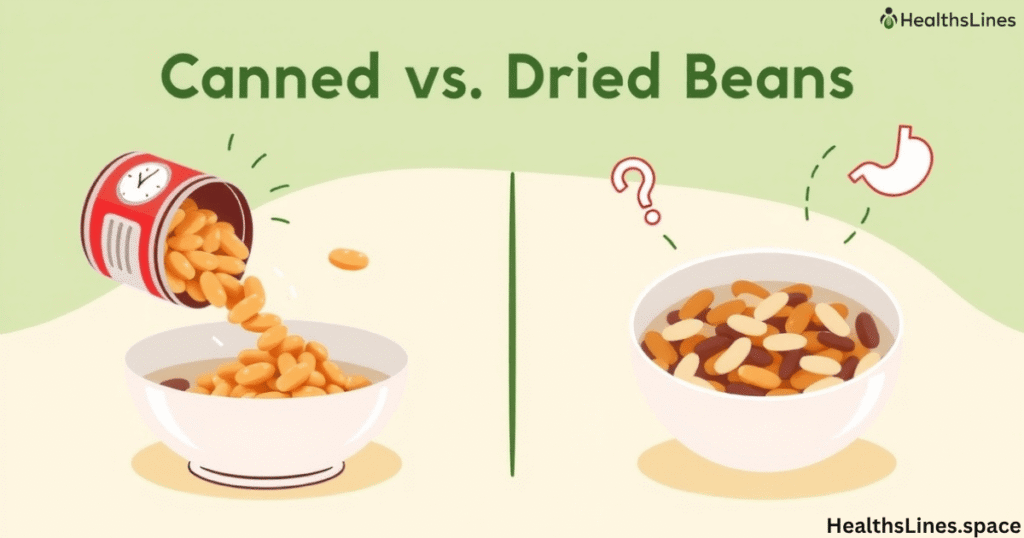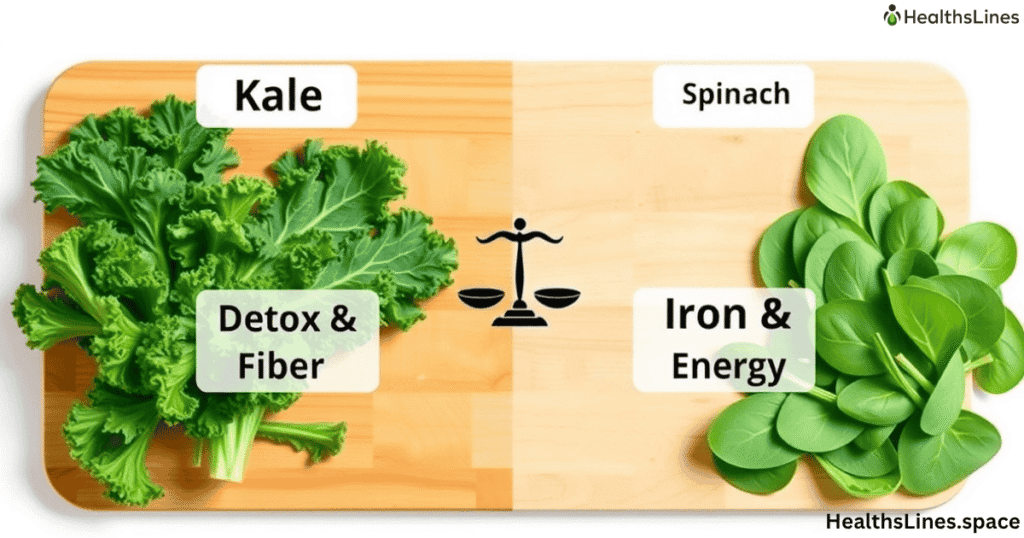Lychee is more than just a sweet tropical fruit. When you eat lychee regularly, it can bring surprising changes to your body. This small, red fruit is rich in vitamins, antioxidants, and powerful compounds that help improve your health. But there are also risks you should know, especially if you overeat it or have certain medical conditions. This article explains exactly what happens to your body when you eat lychee daily, backed by research and easy to understand.
Nutritional Breakdown of Lychee
Lychee may be small, but it packs a punch when it comes to nutrition. In just 100 grams of fresh lychee, you get about 66 calories, mostly from natural sugars. It offers 1.3 grams of fiber, which helps with digestion, and 0.8 grams of protein. It’s a good source of vitamin C, giving you over 100% of your daily need in one serving. It also provides vitamin B6, potassium, copper, and small amounts of magnesium and iron.
Here’s a quick look at lychee’s nutritional values:
| Nutrient | Amount per 100g | Benefit |
| Calories | 66 | Energy source |
| Carbohydrates | 16.5g | Natural sugars |
| Vitamin C | 71.5mg | Boosts immunity |
| Potassium | 171mg | Supports heart health |
| Fiber | 1.3g | Aids digestion |
| Copper | 0.15mg | Helps red blood cell growth |
Besides vitamins and minerals, lychee contains oligonol, a rare antioxidant compound found in few fruits. It also has polyphenols and flavonoids that help fight free radicals. These compounds give lychee many of its health benefits, but they also play a role in preventing certain diseases.
Powerful Antioxidant Protection
When you eat lychee daily, your body gets a strong supply of antioxidants. These are substances that help fight free radicals—unstable molecules that can damage cells. Vitamin C is the main antioxidant in lychee, but oligonol makes it even more powerful. This compound has been shown to protect against aging, inflammation, and even some chronic diseases.
According to a study published in Food Chemistry, lychee extract reduced oxidative stress and cell damage in rats exposed to high-fat diets. It may help slow down how your skin ages and reduce damage caused by pollution and sun exposure.
Immunity and Viral Resistance

One of the best things about lychee is how it strengthens your immune system. The high levels of vitamin C help white blood cells work better, which protects your body against infections. It also supports faster healing and reduces inflammation in the body.
Scientists have studied oligonol for its antiviral effects. In lab settings, it has been shown to block viruses from entering cells. This means that eating lychee regularly may make you less likely to catch colds, flu, and other common illnesses. In areas where people eat more fresh fruit, including lychee, they tend to recover faster from viral infections.
Cardiovascular Benefits Backed by Science
Your heart can benefit a lot when you eat lychee every day. The potassium in lychee helps keep blood pressure balanced by reducing the effects of sodium. Potassium supports healthy muscle function, including the heart.
Lychee is also rich in flavonoids and polyphenols, which reduce inflammation and support blood vessel function. In a study from The American Journal of Chinese Medicine, lychee extract helped lower LDL cholesterol and increased HDL cholesterol in animal models. This shows its potential in preventing heart disease.
Digestive Tract Support and Gut Microbiome
Lychee is high in water and natural fiber, which helps with digestion. It keeps your bowels regular and prevents constipation. When eaten regularly, it can improve gut health by acting like a prebiotic, feeding the good bacteria in your digestive system.
Eating lychee with other fiber-rich foods can help manage bloating and support a healthy metabolism. Its enzymes also assist in breaking down carbs more efficiently. This is useful for people trying to reduce belly discomfort or irregular bowel movements.
Skin Repair and Anti-Aging Effects
If you want healthy, glowing skin, lychee can be a natural solution. The fruit is rich in antioxidants, which help fight damage from the sun, pollution, and aging. Lychee helps in the production of collagen, a protein that keeps your skin firm and elastic.
In one case study, people who took lychee extract supplements noticed improved skin texture and reduced wrinkles after eight weeks. This shows how daily intake of the fruit, or its extracts, may delay skin aging and promote healing of damaged skin.
Blood Sugar Control – Caution and Context
While lychee is naturally sweet, it has a moderate glycemic index. This means it doesn’t cause a sharp spike in blood sugar when eaten in small amounts. Studies suggest that compounds in lychee can improve insulin sensitivity, helping cells use glucose more efficiently.
But it’s important to be careful. Eating too many lychees, especially on an empty stomach, can cause blood sugar levels to drop sharply. In poorly nourished children in India, unripe lychee caused dangerous blood sugar crashes. This condition is called hypoglycemia, and it’s more common when lychees are eaten without other foods.
Brain Health and Cognitive Function
Lychee supports brain health in many ways. It contains B-complex vitamins, like vitamin B6 and niacin, that help produce neurotransmitters. These are chemicals that send messages between brain cells.
Oligonol has also been shown to increase blood flow to the brain, improving memory, focus, and mood. Some early research even suggests it could help prevent age-related brain diseases like Alzheimer’s. While more human studies are needed, the fruit shows promise for improving cognitive function.
Anti-Cancer and Cellular Protection Potential
Lychee has compounds that may help the body protect itself from cancer. Lab studies have shown that certain parts of the fruit, like the seed and peel, contain substances that can trigger apoptosis—a natural process where damaged cells die off. This helps the body stop harmful cells from growing.
In test-tube studies, lychee extract slowed the growth of breast cancer and liver cancer cells. While this doesn’t mean lychee can cure cancer, it shows potential as a supportive food in a healthy diet. Scientists agree that more research is needed to understand how these benefits work in humans.
Possible Risks of Overconsumption
Lychee is healthy in moderation, but eating too much can lead to problems. The biggest risk comes from hypoglycin A, a natural toxin found in unripe lychees. This compound blocks the body’s ability to make glucose, which can cause acute hypoglycemia. This is especially dangerous in children who haven’t eaten proper meals.
In 2014, hospitals in Bihar, India, reported over 100 child deaths linked to lychee consumption. Most of the children had eaten the fruit on an empty stomach. That’s why it’s important to eat lychee in moderation and only when fully ripe. Eating lychee with other foods can prevent sudden sugar crashes.
Who Should Limit or Avoid Lychee?
Not everyone should eat lychee every day. If you have diabetes, you need to monitor how much fruit sugar you’re getting. One serving of lychee (about 10 fruits) contains nearly 30 grams of sugar. While this is natural sugar, it still raises blood glucose if not balanced with other foods.
People who are allergic to fruits like rambutan or longan, which are in the same family as lychee, should be cautious. There have been reports of allergic reactions, including swelling, itching, and breathing problems. Also, if you’re taking medication for high blood pressure or diuretics, talk to your doctor first. Lychee’s potassium can affect how these drugs work.
How to Eat Lychee Safely and Smartly

The best way to eat lychee is fresh and ripe. You should avoid canned versions that are often packed with added sugar. Eat lychee as part of a balanced meal—pair it with yogurt, nuts, or cheese to slow down how quickly the sugar enters your bloodstream.
A safe portion is around 100 grams per day, or about 8–10 lychees. Always wash the fruit before peeling, and don’t eat the seed—it’s not edible and may be toxic. Keep fresh lychees in the fridge and eat them within a few days to keep the nutrients intact.
Quick FAQs About Eating Lychee Daily
Can I eat lychee on an empty stomach? It’s not recommended, especially in children. It can cause a sudden drop in blood sugar.
Is canned lychee healthy? Canned lychee often has added sugars. Fresh is better.
Can diabetics eat lychee? Yes, but in small portions and with other foods to balance sugar levels.
Is lychee good for weight loss? It’s low in calories and fat, but high in sugar. Eat it in moderation.
Are lychee seeds edible? No. They’re toxic and should be thrown away.
Conclusion
Lychee may not be a miracle cure, but it certainly earns a spot among powerful superfruits. When you eat lychee regularly, your body benefits in many ways—stronger immunity, better skin, improved heart and gut health, and even brain support. But like all fruits, moderation is key.
You should also focus on variety in your diet. Add lychee to your meals a few times a week and combine it with other nutrient-rich fruits like kiwi, papaya, or blueberries for a wider range of health benefits.
Sources
10 Superfruits That Boost Immunity












